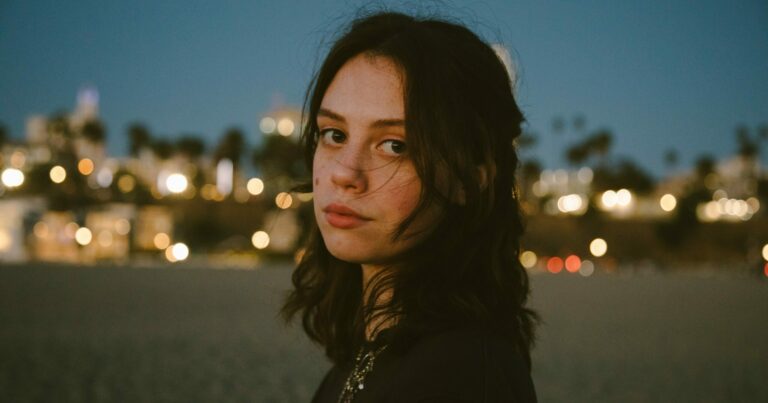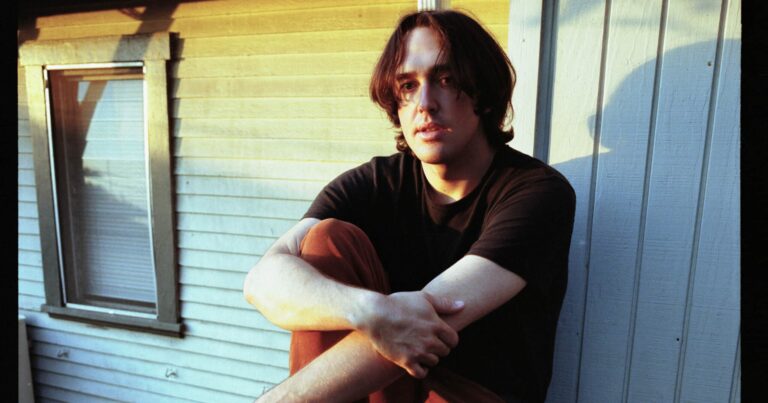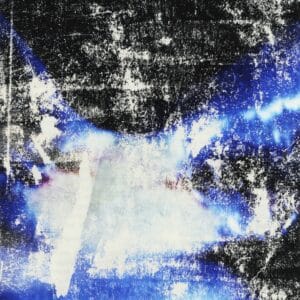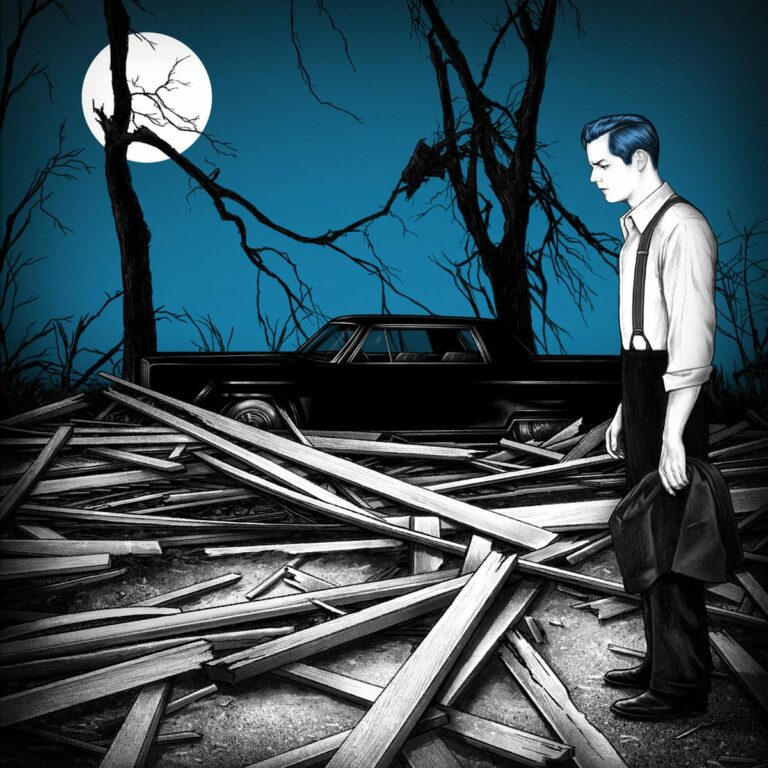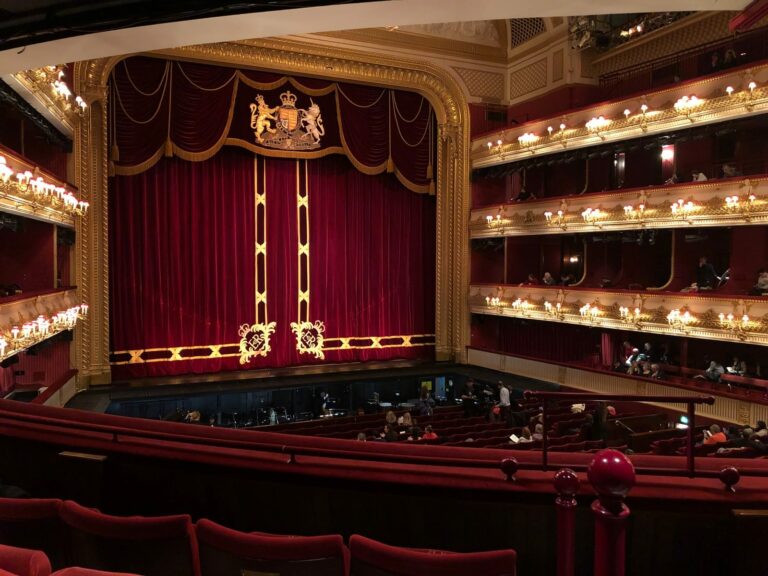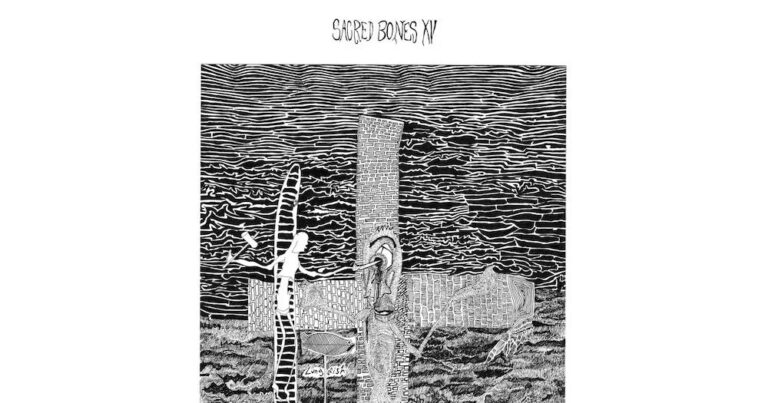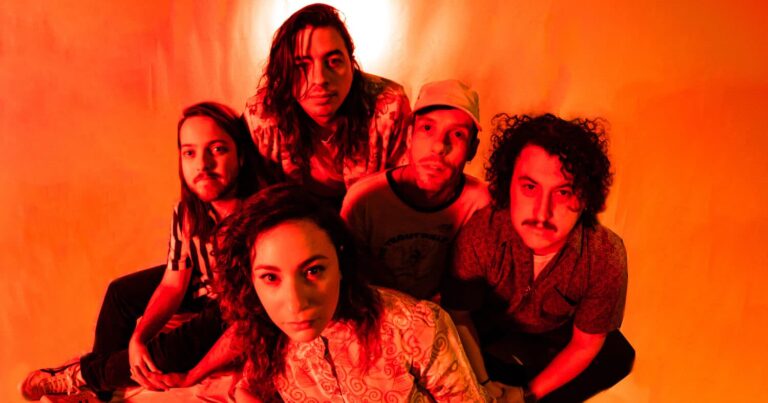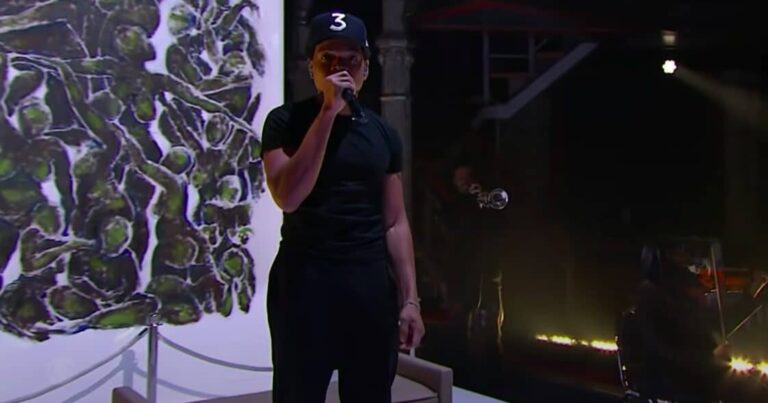In recent years, there has been a significant increase in the number of new businesses. These start-ups can range from side-hustles that are only intended to inject some extra income into a household, to more ambitious businesses.
In the UK alone, approximately 65% of UK employees have expressed an interest in establishing their own businesses. These patterns can be seen in other parts of the world as well, such as the United States which is seeing a boom in new business.
However, of these new businesses, as many as 57.6% of companies will disappear within 5 years. True, most start-ups survive their first year, but most entrepreneurs aspire to set up a business that will stand the test of time. Leveraging corporate development resources can play a crucial role in establishing a sustainable business model and avoiding common pitfalls. Here’s a step-by-step guide to help you start a business that has the potential to stick around.
Solidify Your Business Idea and Plan
If you’re considering starting a business, then the chances are that you already have a business idea. We also hope you have someone to help you with your account such as sleek.com/au or alike entity. This could be a product that you’re planning to sell or a service that you plan to deliver to clients. You should at least have an idea of what market you want to enter.
With this in mind, do some research to solidify and refine your idea. A loose, nebulous idea isn’t your friend here. You need something that you can picture clearly so that you can create a tangible plan. Learn about current brand leaders in your industry and figure out what they’re doing right or wrong. Can your company potentially deliver something unique, or provide an excellent service?
Make sure that your business fills a need in the market. Who will your customers be? Why would they want to purchase your product or use your service? Without a good customer base, your business can falter before it even begins. Make sure that there’s a demand for your idea.
You should also use this time to decide on your business name. The business name will depend largely on the type of business that you’re planning to run. Many companies would benefit from a name that reflects their business. However, some sole traders who deliver a service use their personal names or a variant of their family names (“Smith’s Butchers”). Your business idea will inform the best naming convention for your company.
Next, you should write a business plan. A well-written and detailed business plan is far better than a vague idea of what you want to do. Don’t rush into things, but set goals and figure out how to achieve them.
To successfully start a new business it is also important to choose the correct equipment according to your specific needs. For example, by choosing a multifunction printer you solve several problems at once. Acquiring one piece of equipment instead of multiple is more convenient both in cost management and usability aspects. By getting a multifunction office printer you also save much-needed office space. However, for those who are for more eco-friendly printers desktop laser printers are a good solution as they are highly efficient than inkjet printers and increase productivity.
As any office worker knows, trash can quickly build up over the course of a day. Coffee cups, paper towel rolls, and empty food containers all add to the mounting pile of garbage. However, eco-friendly packaging can help to reduce the amount of trash produced by the office. Eco-friendly packaging is made from recyclable or biodegradable materials, which means that it will eventually break down and return to the earth. This is in contrast to traditional packaging, which often ends up in landfills where it will take years to decompose. In addition, eco-friendly packaging is often lighter and more compact than traditional packaging, which reduces shipping costs and makes it easier to store. As more and more businesses adopt eco-friendly packaging, there will be less trash cluttering up our office buildings and landfill sites.
Assess Your Finances
Once you know your plan for starting your business, it’s time to look at your finances and compare them to your business plan. Some small businesses can be started with very little capital. For example, a copywriter only needs a laptop and an internet connection, and they’re ready to go.
If you’ve ever started a company with an initial idea, you know how hard it can be. You have to go to the market and validate the problem, create the initial product, acquire customers, build a brand, hire people, raise capital, etc. You might need to hire equipment and look into laptop rental or specific machines or tech for your business in the beginning too, since purchasing everything brand new simply won’t be possible. For a small founding team, the task is incredibly difficult and there are Venture Studios for startups that are ready to speed things up. For a small founding team, the task is incredibly difficult and there are AI venture studios for startups that are ready to speed things up. They will help you build scalable AI products and strategies at the forefront of innovation.
In most cases, however, you will need to put some money into your startup. One of the most common reasons that startups fail is that they run out of money before turning a profit. With this in mind, it’s a good idea to overestimate how much money you need, as it can take a while for your business to bring in a profit.
Some entrepreneurs save up enough money to fund their business, but this isn’t always possible. You may need to consider a business loan or involving an investor. Some companies use crowdfunding to get started, which can work if you have a unique product. Crowdfunding also reveals a potential customer base.
Starting a business always carries a level of financial risk. This is why it’s so important to plan ahead before putting your money into a startup. While you’re at it, it may be prudent to formulate an exit strategy so that you can leave your business as painlessly as possible.
Another essential part is investing in the right softwares which will optimize your workflows. To improve your customer data onboarding experience, check out the affordable, functional, and easy-to-use top-quality data importing tools. With its intuitive interface and powerful features, they make it easy to quickly and accurately import data from a variety of sources. In addition, some of them offer a free trial, so you can try out the product before making a purchase. As a result, there is no risk involved in using them to improve your data onboarding experience for your customers. You can check out some of the top Flatfile alternative to optimize your onboarding strategies.
Register Your Business
Before you can register your business, you will need to decide what kind of business you plan to set up. Many small businesses are set up as either sole traders or partnerships, where you are directly responsible and liable for your business.
However, you also have the option to set up a corporation. This provides more legal protections but is subject to different guidelines. Essentially, the corporation is a separate entity from the owner.
One of the most common types of small businesses is a limited company. It combines some of the benefits of being a sole trader/partnership with setting up a corporation.
Each of these business types needs to be registered with the government and the tax office before you can start running your business. If you’re unsure, then there are plenty of services designed to advise you on this.
For example, 1st Formations offers packages to help business owners to register and set up a company. There are several different types of packages available for hopeful entrepreneurs, including the Prestige Package which is designed to start a limited company. The Prestige Package offers a registered office service, business address service, and VAT registration.
While you’re setting up your business, this is a good time to find business insurance. This will help you to deal with incidents such as property damage, theft, and even lawsuits. Depending on the size of your business, a basic plan might work. Service-based businesses should consider professional liability insurance, which covers any mistakes on your part.
Build a Team
This step depends entirely on the size and type of your business. A sole trader works for themselves, by themselves. A partnership requires two people who have an equal share in your business, so you will already have a partner once you set up your business.
Leveraging the construction time card app for management when you start your business can aid in setting you on the path to success. Such an app can help track and record time and attendance, which is essential for creating a productive team. By having detailed metrics into when and how employees are working, construction time card app management enables entrepreneurs to plan accordingly for more effective resource allocation. Furthermore, this helps employers hold their teams accountable through full transparency of the labor process, leading to higher-quality projects and improved cost efficiency in the construction industry.
However, if you have a different type of business that requires employees, you need to establish a solid team from the get-go. Businesses are built by people. Your products and services are provided by people. Determine who you need and find a great team that’s qualified for the job and who work together.
Vendors and Suppliers
Again, this largely depends on the size of your business, but vendors and suppliers are an important part of running a business. The fact of the matter is that you and your team probably can’t do everything on your own. Running a business involves keeping track of a lot of processes, and spreading your focus too thinly can impact on productivity.
Vendors and suppliers can support your business and keep it running smoothly. For example, if your company manufactures and sells a product, then a supplier can provide the basic materials for that product. You will also need suppliers to provide equipment, whether it’s something as simple as computers or something more niche like construction equipment.
As well as needing physical products to run your business, you will also likely need to outsource for certain services. Outsourcing can lighten your workload and allow your team to concentrate on what they’re there for, which is providing a good service to your customers.
For example, you may manage your business’s finances when you first set up your business, but hiring an accountant or using accounting software can save time. Hiring a professional can also potentially save you money, as you may miss nuances or make mistakes.
Branding and Marketing
Before you start to sell your products or services, it’s important to build up a brand and establish your business as a recognisable figure in the marketplace. Here are some of the steps to take first:
- Set up a website to attract customers, explain your business, and potentially sell online
- Consider leveraging software development nearshore staff augmentation to ensure your website is technically sound and user-friendly. This can help create a positive online experience for your customers, which is essential for building a strong brand presence.
- Use social media to tell people about your business and interact with them
- Set up a marketing plan, including digital marketing and social media marketing
- Design a logo that is identifiable, simple, and consistent across your platforms
A lot of these steps involve taking advantage of the digital marketplace. Over the past couple of decades, businesses have increasingly moved online. Within the past few years alone, this trend has accelerated rapidly, so that even small businesses almost always have an online presence. Some businesses are run entirely online, with no physical premises other than home offices.
Grow Your Business
Once you’re set up, it’s time to officially launch your business to the public and make your first sales. This is only the beginning, and there’s a long way to go before your business is producing a sustainable profit.
One way to improve your business growth is to collaborate with established brands in your industry. Reach out to companies and ask for a a promotion in exchange for product or service samples. Contact charities and get your name out there. Networking is a business owner’s best friend. Getting in touch with the right people and fostering the right relationships can provide fantastic opportunities for growth and development.
This is where your business plan comes into play. Know your goals, but be ready to adjust and adapt to situations as you arise. There’s no perfect strategy, but with this attitude, you have the best chance to succeed.

